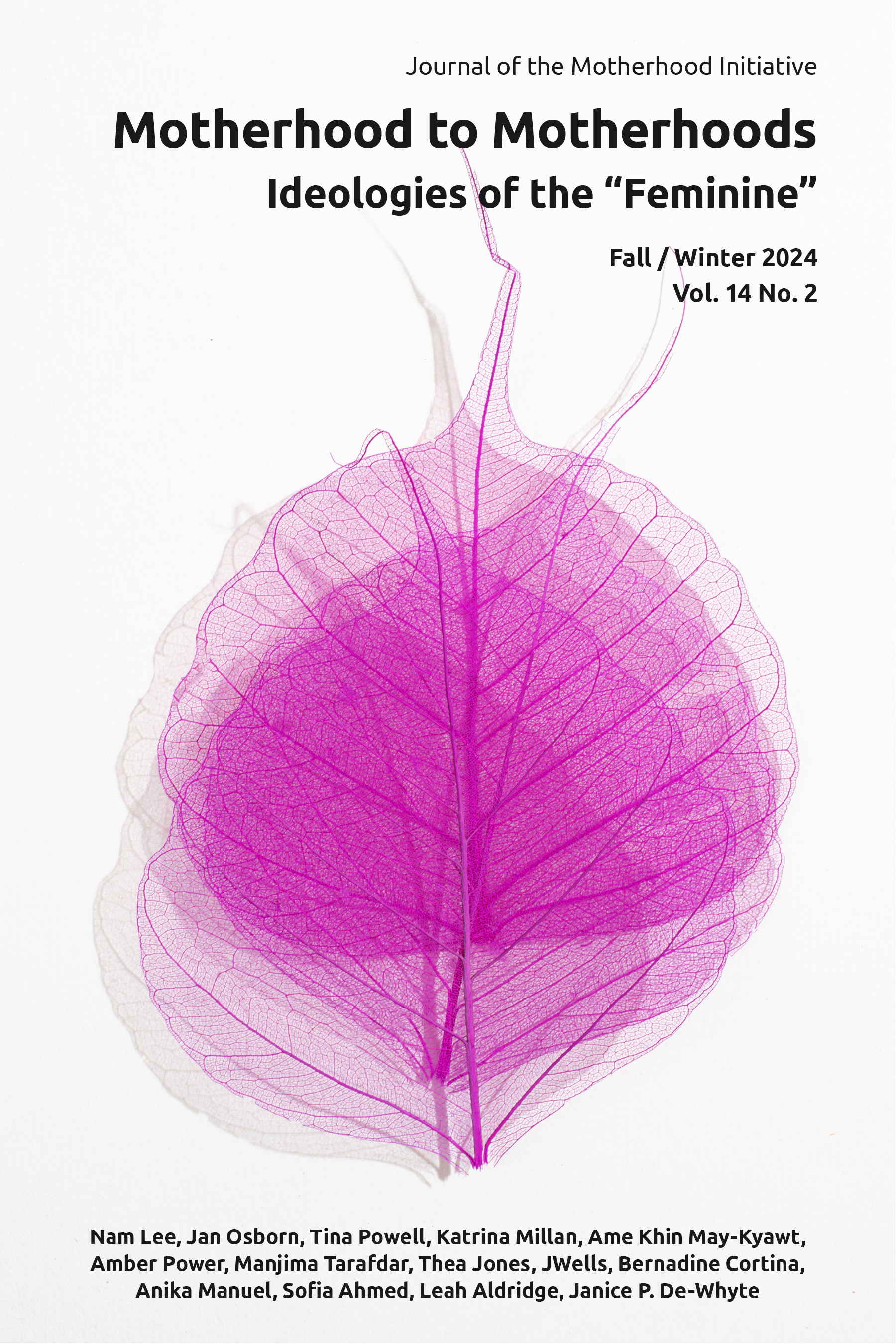A Matter of Life and Death:
Maternity in Antiquity and Beyond
Abstract
Throughout history, motherhood has been a primary occupation, perhaps in some instances a preoccupation, of many women. Ancient corpora, such as the Hebrew Bible and comparative ancient Near Eastern literature, highlight the priority of maternity. Preserved within such ancient texts are pronatalist notions, repre-sentative of cultural and religious values, regarding childbearing, reproductive loss, maternal morbidity, and mortality. Yet despite the often deathly realities of childbirth, numerous women navigated the precarious stages of pregnancy and postpartum life in hopes of securing their status within the patrilineage. Indeed, motherhood brought social goods and benefits that were difficult to attain in other ways. From the vantage point of the present, the higher incidence of morbidity and mortality resulting from birthing in antiquity is jarring. Readers of ancient accounts may fall prey to a significant interpretive trap, decrying the “primitive” problems of the past while neglecting to notice and address corresponding and comparable issues in the present. Examining the past should not be a mere act of historical gawking but should provide information and impetus for holistic and sustainable change in the present. Despite advances in healthcare and technology, too many women today continue to sustain injury or suffer death during maternity. Motherhood can be a grave experience. Expectant women, especially those from racialized and marginalized communities, who are anticipating the possibility of new life, are all too frequently caught in the throes of death. Examining extant sources from the past offers us opportunities to interrogate the present and actively work towards a more life-giving future. The task is an urgent one. Today, as in antiquity, maternity is still a matter of life and death.

Downloads
Published
How to Cite
Issue
Section
License
All intellectual property in relation to material included on this site belongs to the Motherhood Initiative for Research and Community Involvement (MIRCI). All material on this site is protected by Canadian and international copyright and other intellectual property laws. Users may not do anything which interferes with or breaches those laws or the intellectual property rights in the material. All materials on the Motherhood Initiative for Research and Community Involvement (MIRCI) are copyrighted and all rights are reserved. Any reproduction, modification, publication, transmission, transfer, sale, distribution, display or exploitation of the information, in any form or by any means, or its storage in a retrieval system, whether in whole or in part, without the express written permission of the Motherhood Initiative for Research and Community Involvement (MIRCI) is prohibited. Please contact us for permission to reproduce any of our materials. This site may include third party content which is subject to that third party's terms and conditions of use.

